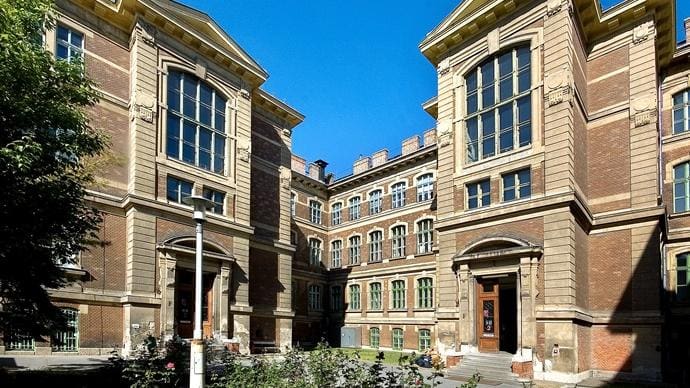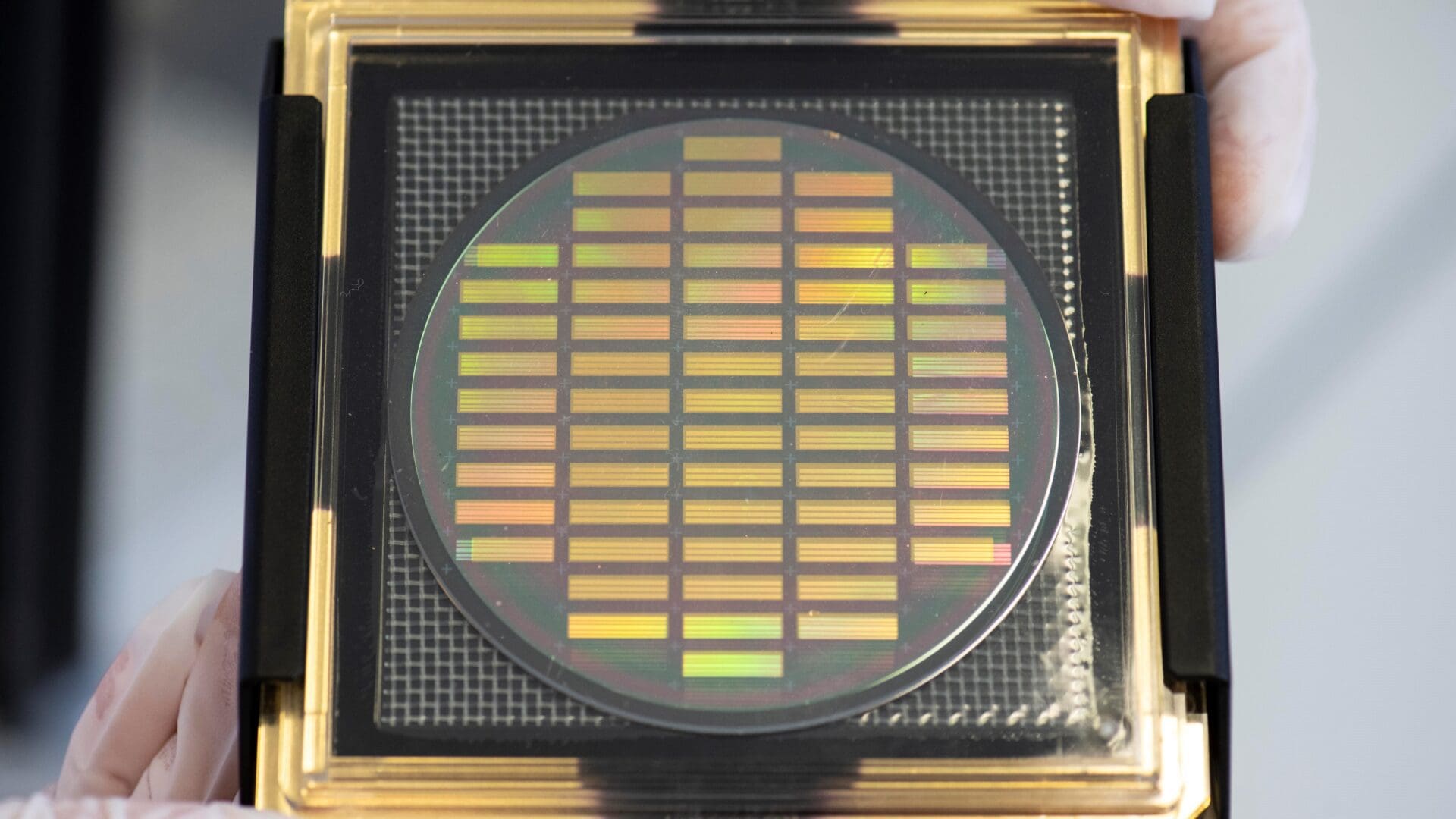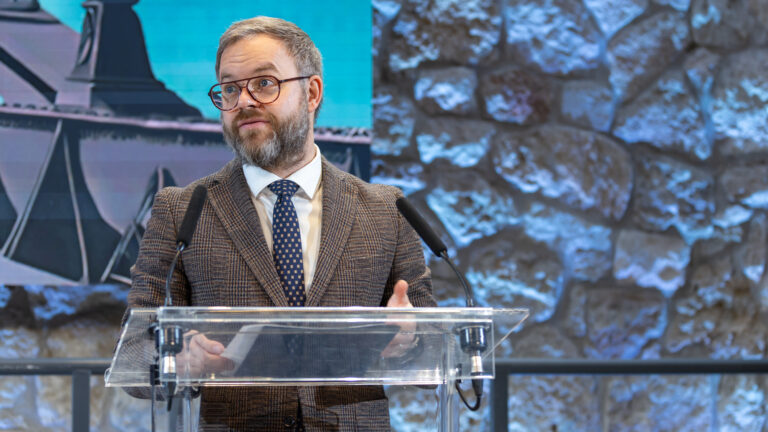The OpenSuperQPlus project has been launched with the aim of developing a 1,000-qubit quantum computer. The programme involves 28 research partners from 10 countries, including the Faculty of Natural Sciences and the Wigner Research Centre for Physics at the Budapest University of Technology and Economics (BME) from Hungary.
According to a statement released by BME on Monday, the Hungarian institutions will be developing methods of quantum error correction, fault-tolerant computing, and the necessary programmes for the operation of the quantum computer during the seven-year project. The research will be led by János Károly Asbóth and András Pályi, university lecturers at the Department of Theoretical Physics of the Faculty of Natural Sciences at BME.
OpenSuperQPlus (Open Superconducting Quantum Computers) is a continuation of the OpenSuperQ project, which, from 1 March onwards, will involve not only researchers from Hungary, but also from France, the Netherlands, Finland, Germany, Sweden, and several quantum computing start-ups.
In the first phase of the project, which lasts for the next three and a half years, the consortium will create several hardware and software evaluation systems, as well as a 100-qubit quantum computer capable of operating special applications. Building on these developments, the second phase of the project will focus on critical components of the 1,000-qubit quantum computer system and determining the technological directions for further development. According to the statement, the technological progress could lead to significant changes in the fields of the chemical industry, materials science, optimisation challenges, and quantum simulation in machine learning.
The OpenSuperQPlus project is supported by the European Union’s Horizon Europe programme’s thematic fund, which provided a grant of €20 million. The Faculty of Science at BME will receive €274,000 (approximately 100 million HUF) out of those funds to carry out their part of the first phase of the project.

The research conducted within the project is closely related to BME’s intensive quantum technology research, primarily taking place at the Quantum Information National Laboratory. Scientists here are developing new types of hybrid quantum bit architectures, quantum communication systems, and their necessary components; as well as quantum algorithms and protocols.
In addition, quantum technology will also appear in the university curriculum soon, included in BME’s first physicist-engineer training programme in Hungary, launching this fall.
What are Quantum Computers?
A quantum computer is a type of computer that uses quantum mechanics to process information. Traditional computers use bits, which can either be a 0 or a 1, to perform operations. In contrast, quantum computers use quantum bits, or qubits, which can represent a 0, a 1, or both at the same time, due to a phenomenon called superposition.
This property allows quantum computers to perform certain types of calculations exponentially faster than regular computers.
Quantum computers have the potential to revolutionise fields such as cryptography, drug development, and financial modelling. However, they are still in the early stages of development and face significant technical challenges. Currently, the most advanced quantum computers have only a few dozen qubits, and building one with thousands or millions of qubits remains a major scientific and engineering challenge.








